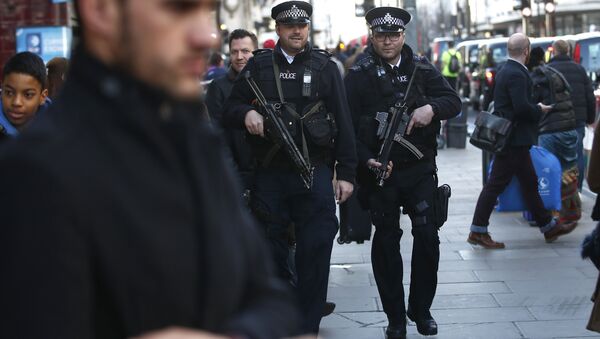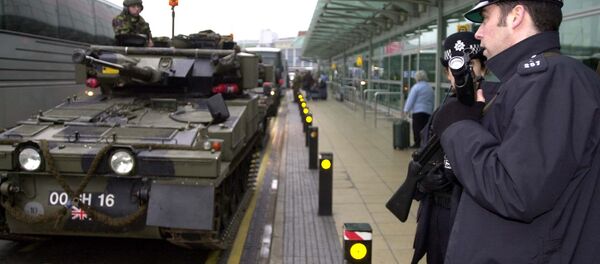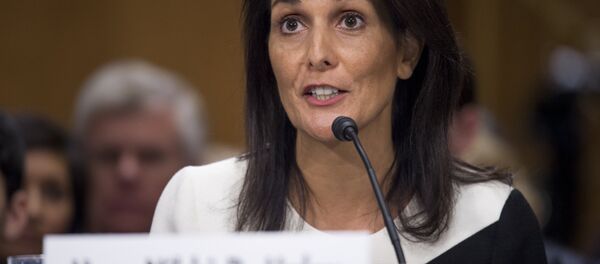In his first interview since his appointment earlier in February, Hill compared the risk of a major Daesh attack on British soil to that of an attack by the Irish Republican Army terrorist group in decades past.
"In terms of the threat that's represented, I think the intensity and the potential frequency of serious plot planning — with a view to indiscriminate attacks on innocent civilians of whatever race or color in metropolitan areas — represents an enormous ongoing risk that none of us can ignore," he told the Sunday Telegraph.
"So I think that there is undoubtedly significant ongoing risk which is at least as great as the threat to London in the 70s when the IRA were active on the mainland," he added.
Hill, who served 30 years as a lawyer specializing in convicting terrorists and putting them behind bars, believes terrorism will crawl onto British soil through two main channels. First of all, he points out that British people who fought for Daesh in Syria and Iraq will soon return home, and their intentions may well be much less than peaceful. He also expressed concern that British youngsters, some of them as young as 14, could become radicalized by extremist agendas and general hate speech found in social media on the internet.
"I have never been an employee of government," Hill noted shortly after being appointed independent reviewer of terrorism legislation, adding: "I won't have any hesitation in expressing and maintaining my view."
"The intention of the government, the authorities, must always be to charge an individual who they believe is guilty of a crime, to place them before a public court and to either approve the offence or say enough is enough," he says.
Hill also insists that despite an extraordinarily high threat of attacks, it is important to always keep the effectiveness of British intelligence in mind.
"Although many people might be alarmed to hear me say that I think the threat is present and severe, we must remember that since July 2005 there has been in essence a single death in Britain from that form of terrorism, namely Lee Rigby on the streets of Woolwich," he said, referring to the 2013 murder of British Army soldier Lee Rigby by two men of Nigerian descent who claimed they killed him to avenge Muslims killed by the British armed forces.




